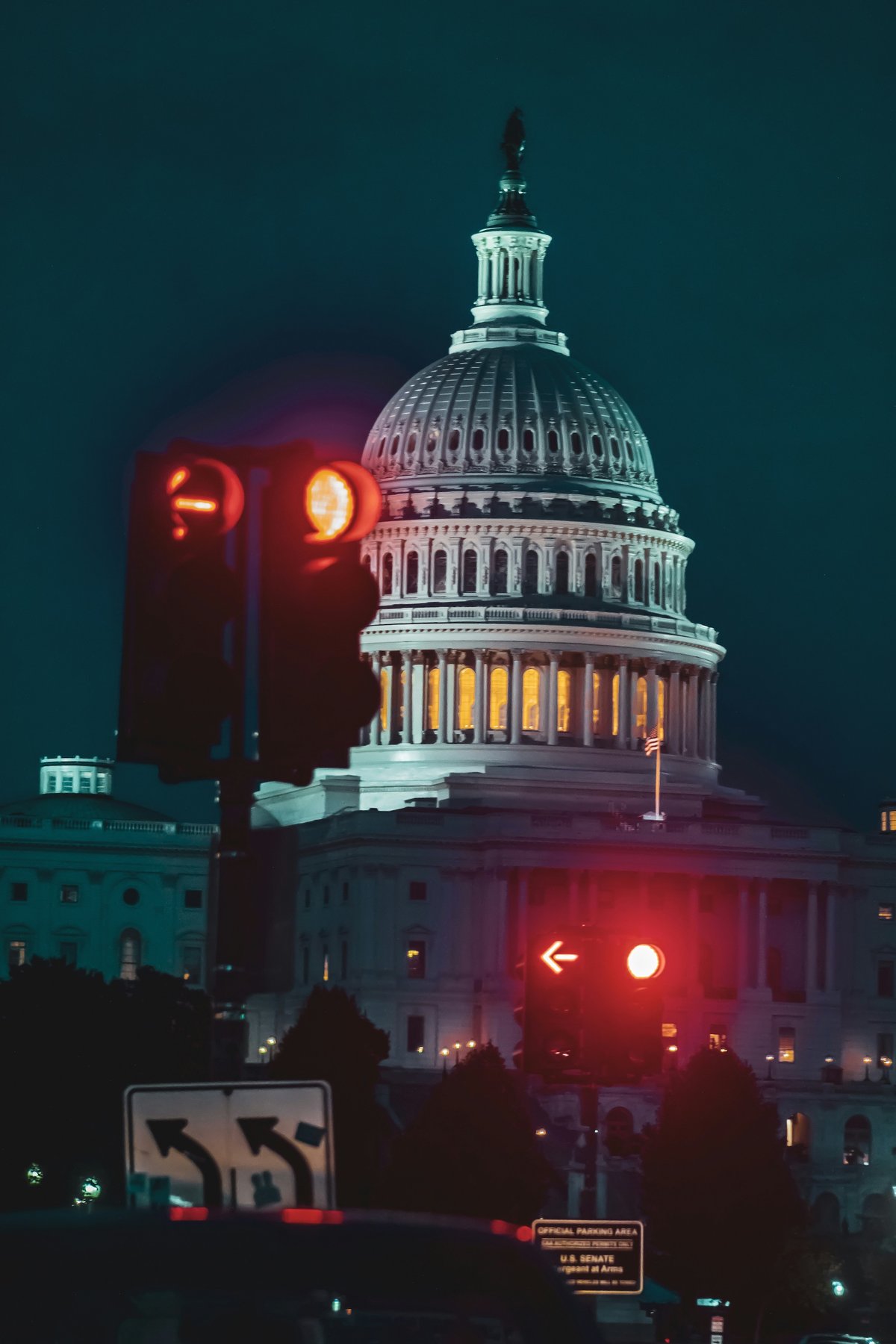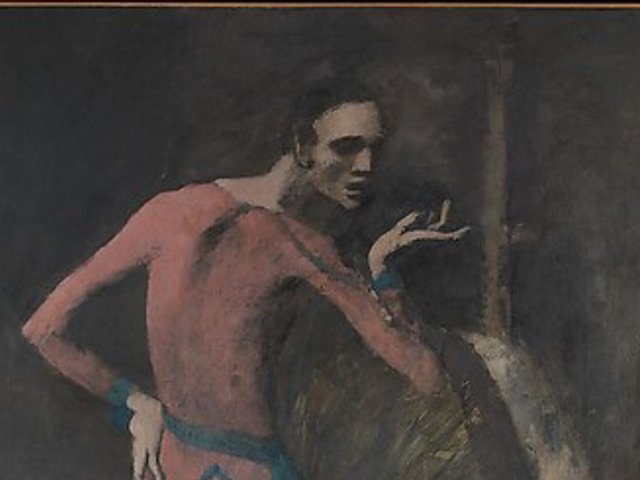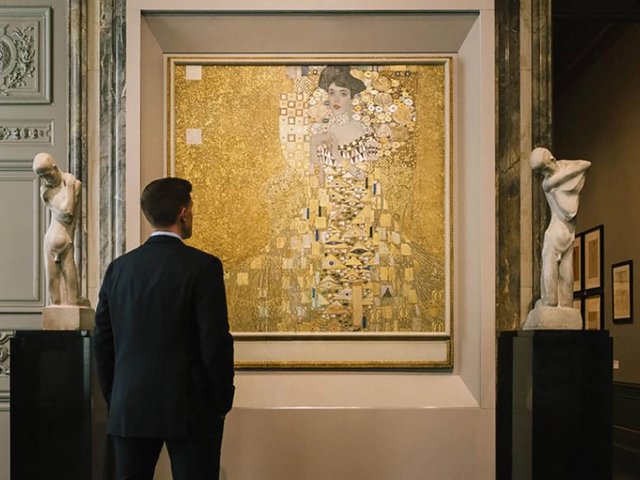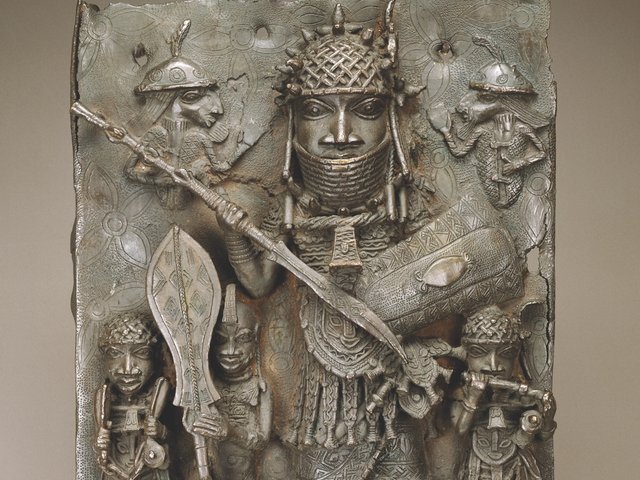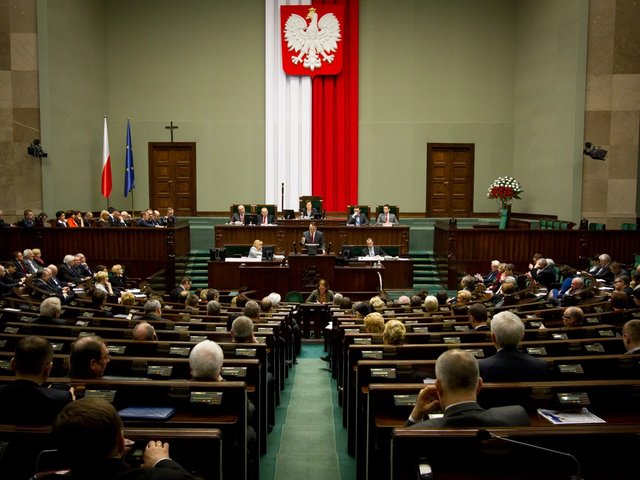The mayor of New York, Eric Adams, and the World Jewish Restitution Organisation urged cultural institutions to support plans to extend the Holocaust Expropriated Art Recovery (Hear) Act in response to a report that US museums are lobbying against a bill that would boost claimants’ prospects of success in lawsuits over Nazi-looted art.
On 31 July The New York Times reported that the Association of Art Museum Directors (AAMD) paid $8,000 to lobby elected representatives to oppose a bipartisan bill that eliminates some technical defences used by museums to foil claims for Nazi-looted art. New York’s Metropolitan Museum of Art has also expressed reservations about the bill, the newspaper said, citing two congressional aides who attended meetings where those concerns were aired. The Metropolitan Museum’s press office did not respond to an email from The Art Newspaper seeking comment.
“Mayor Adams supports the Hear Act, and we hope and expect that our city’s cultural institutions share our strong commitment to accountability and justice,” a City Hall spokesperson wrote in an email statement to The Art Newspaper. “Here in New York City—home to the largest number of living Holocaust survivors in the world—the Adams administration stands firmly in support of the victims of the Holocaust and their families, including those who rightfully demand the return of treasured family possessions.”
In a letter dated 5 August to the Met’s board of trustees—of which the mayor is a member—the World Jewish Restitution Organisation called on the museum “to publicly and unequivocally withdraw this opposition”, arguing that “maintaining such a stance would be out of step with the values of New Yorkers, the broader public and the Met’s own visitors and members”.
The Hear Act was first introduced in 2016 with the intent of enabling claims for Nazi-looted art to be judged on merit rather than dismissed on technical grounds such as statutes of limitation. It contains a “sunset clause” and is due to expire on 31 December 2026, so the US Congress plans to extend it. But a bipartisan group of senators have proposed a bill that goes beyond a simple extension by eliminating further technical defences. The bill cites several cases where museums—including the Met—have employed technical defences such as laches to get cases dismissed.
“Unfortunately, many museums, governments and institutions have contradicted Congress’s intent and obstructed justice by stonewalling legitimate claims, obscuring provenance and employing aggressive legal tactics designed to exhaust and outlast survivors and their families,” John Fetterman, a Democratic Senator from Pennsylvania and one of the group, said in a statement in May. “Rather than embracing transparency and reconciliation, too many have chosen to entrench and litigate, effectively preserving possession of stolen works rather than returning them to their rightful owners. Moreover, some court cases have interpreted the law narrowly, leaving survivors without recourse.”
Sascha Freudenheim, a spokesperson for AAMD, said in an emailed statement that while the association supports an extension of the Hear Act for another ten years and has “a long history of helping museums fairly and thoughtfully navigate Nazi looted art claims”, it remains opposed to the bill put forward by the senators.
The amendments, Freudenheim wrote, “would set a dangerous precedent by overturning fundamental principles of our legal system, threaten relations with foreign countries, undermine reasonable and good-faith defences an institution may offer in the face of certain claims and perhaps most important may lead to more litigation as defendants will be called upon to consider the validity of the entire Act as changed by the proposed amendments”.
It is not clear when the Senate Judiciary Committee will next discuss the amended Hear Act, much less when it might be put to a vote in the senate. The members of the US Congress will reconvene in Washington, DC, on 2 September.


